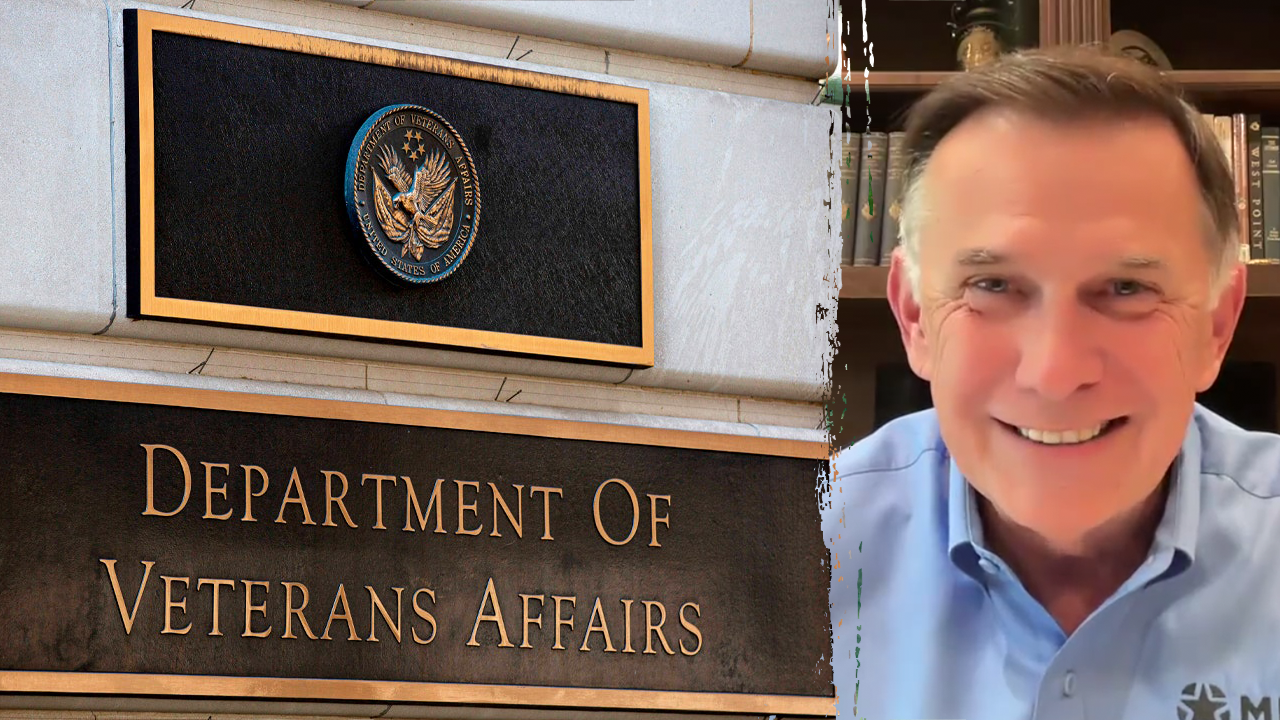Veterans group CEO defends Trump shake-ups at VA

President Donald Trump’s Secretary of Veterans Affairs, Doug Collins, has put forth a bold proposal to reduce the VA workforce by 15%, aiming to cut 80,000 jobs within the department. This move has sparked a heated debate among politicians and advocacy groups, with some praising the effort to streamline the VA and others expressing concern about the impact on veterans’ care.
Retired Lt. Col. Jim Whaley, CEO of Mission Roll Call, a veteran advocacy non-profit, has voiced his support for the workforce reduction, stating that such reform is necessary to improve the lives of veterans across the United States. Whaley emphasized the need for less bureaucracy at the VA and more emphasis on “community care” to reduce wait times and increase services at local VA hospitals. He acknowledged that while the task of reforming the VA is challenging, it is essential to ensure that veterans receive the care they need in a timely and efficient manner.
Whaley highlighted the fact that the VA currently serves only half of U.S. veterans, leaving many in need of care without access to the services they require. He commended Collins for his efforts to raise awareness about VA services through various media platforms, but stressed the importance of transparency in reaching the remaining 50% of veterans who still require assistance.
In a statement, Collins underscored the Trump administration’s commitment to making historic reforms within the VA to better serve veterans. He emphasized the need to eliminate costly distractions and improve access to benefits for VA beneficiaries. Despite facing criticism and controversy for the proposed job cuts, Collins and Trump remain steadfast in their efforts to overhaul the VA and enhance veteran care.
Whaley, who conducts veteran polling through Mission Roll Call, acknowledged the concerns raised by some veterans about the potential impact of job cuts at the VA. He emphasized the importance of transparency in communicating the reasons behind the proposed reforms and reassured veterans that the ultimate goal is to improve services and reduce wait times.
As a veteran himself, Whaley emphasized that all veterans share a common desire to see the VA improve and provide better care for those who have served their country. He called on the VA to engage with veterans, families, and caregivers in the reform process to ensure that investments in veteran care are made wisely and effectively.
One of the top priorities highlighted by Whaley is the urgent need to address the issue of veteran suicide, with more than 17 veterans taking their own lives each day in 2021. He stressed the importance of reducing the number of suicides among veterans and highlighted the need for increased access to community care to prevent veterans from having to travel long distances for services.
In conclusion, Whaley emphasized the interconnected nature of veteran affairs, recruitment issues, and national security, underscoring the need for a comprehensive approach to support veterans as they transition from military service to civilian life. He called for greater collaboration between the Department of Defense and the VA to ensure a smooth transition for veterans and to prevent suicides among those who have recently left the military.
In light of the pressing challenges facing veterans, it is clear that meaningful reform within the VA is essential to improve the lives of those who have served our country. By engaging with veterans, caregivers, and advocacy groups, the VA can work towards a more efficient and effective system that prioritizes the well-being of those who have sacrificed so much for our nation.




